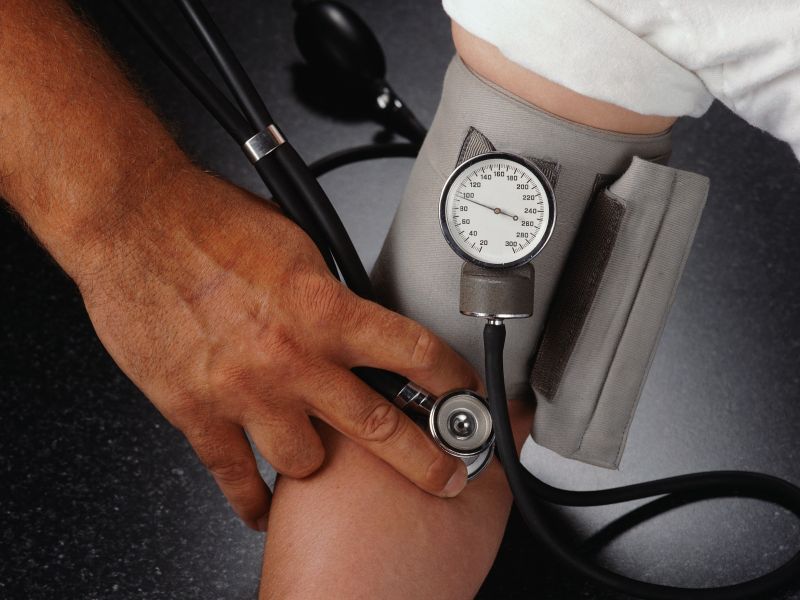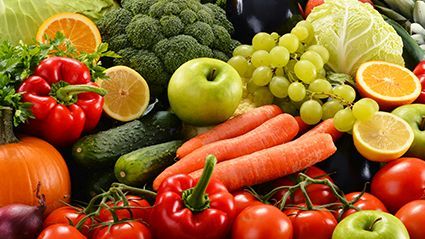
Could banning menthol cigarettes be key to lowering smoking rates overall? New research suggests it’s possible, after finding that a ban on menthol cigarettes in Canada was linked to a large increase in the number of smokers who quit. The impact of the menthol ban in Canada suggests that a similar ban in the United… read on > read on >






























